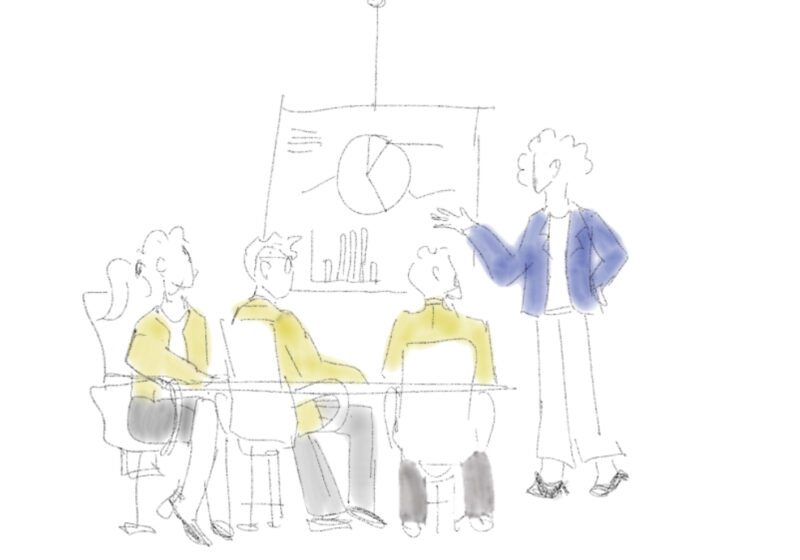Over a six-week period spanning from February to late March, eight UR student-athletes, through the St. Sebastian Society, participated in the “Yes Pa” program with prisoners at the Monroe Correctional Facility in Rochester.
The program revolved around the reading and discussion of Rochester native Fred Sarkis’s self-help autobiography, “Yes Pa: Lessons in Character,” in small groups of eight to 10 inmates and four to five students, along with University Chaplain Brian Cool.
The program proved to be a great success, if not for the encouraging results reported by the inmates – many of whom had their sentences end during the program – then for the overwhelming positive effect it had on those students who participated in it, including yours truly.
As most people would be, I was initially fearful of the prospects presented by working within the confines of a jail, where a brutal “Oz”-like environment would swallow a terrified white boy like myself whole. Upon starting the program, however, I quickly learned that this experience would be anything but intimidating, and that these prisoners, despite their past mistakes, are no different from us.
It’s safe to say that many of us are a mistake and a lawyer away from being locked up ourselves. It’s important to disclose that a correctional facility, unlike prison, is mostly for offenders with misdemeanors and small felonies. Typical crimes include drug possession, DWIs and probation violations, with sentences usually lasting no more than two years (in most cases, even less).
When I was arrested in the spring of my freshman year for disorderly conduct and resisting arrest, who’s to say that I wouldn’t have ended up amongst these prisoners myself if it weren’t for the generous backing of my uncle – a successful lawyer in Buffalo who worked to get the charges dropped – and the monetary support of my family?
As would be the case for a majority of students at UR, wealth and good fortune helped me avoid a situation that surely would have ruined a number of job prospects after college. For many, if not all, of the inmates we worked with in “Yes Pa,” there is no option of a lawyer or job prospects – other than menial and minimum-wage jobs. These people are forced to live a life in which they’re consistently labeled as “ex-convicts” and “felons” and have very little hope for redemption in the eyes of civilization.
Remember that time you drank too much and threw up all over your roommate’s bed? Or that time you flunked a test? What about that time you had a terrible game and cost your team a win? These relatively guiltless acts can each be viewed as simple mistakes. They are typical college blunders, harmless actions that can help people understand their limits and find out the type of person they hope to become.
More often than not, we repeat these mistakes. That’s the environment we live in as college students, and unless your experience of college has been extremely limited or you’ve been through it all before, chances are you’ve had similar slip-ups or worse on more than one occasion.
For the prisoners I met during “Yes Pa,” it was clear that their environments and circumstances led them to commit the mistakes they made. More severe in nature than, say, a college student, they are nonetheless mistakes committed by young adults that are the same age as the typical college student or younger.
While I believe it is necessary to pay a price for breaking the law, it is important to view these people more as products of their environment than as pure social deviants, especially when said people are making a concerted effort to better themselves during their sentence through self-help programs like “Yes Pa.”
To dismiss a person based on a stereotype is clearly unacceptable in our society. In the same way that it’s wrong to say “Black people are lazy” or “athletes at UR are assholes,” it is wrong to assume that convicts are incapable of recovery and that a single mistake should dictate the rest of someone’s life.
Sadly, we live in a world where a fear of the unknown and ready-made assumptions of groups combine to limit and divide the human race across ethnic, religious, political and social lines, where it’s okay if we make mistakes, but the second someone different than us does, they’re dead wrong.
Milbrand is a member of the class of 2008.





